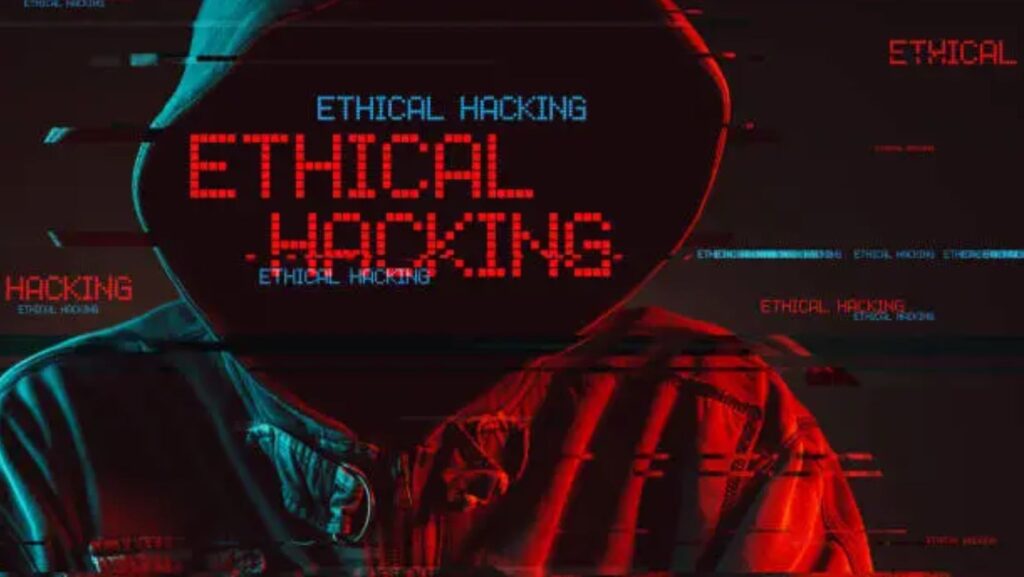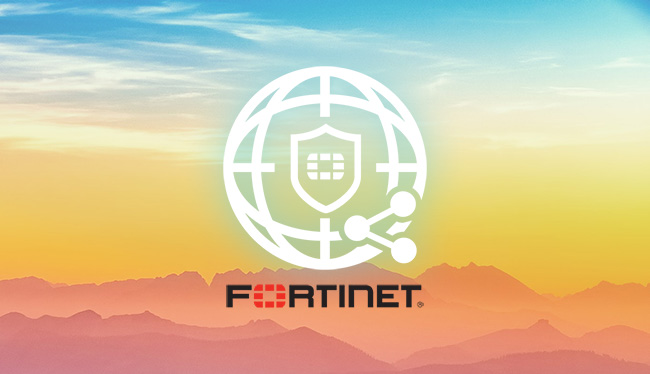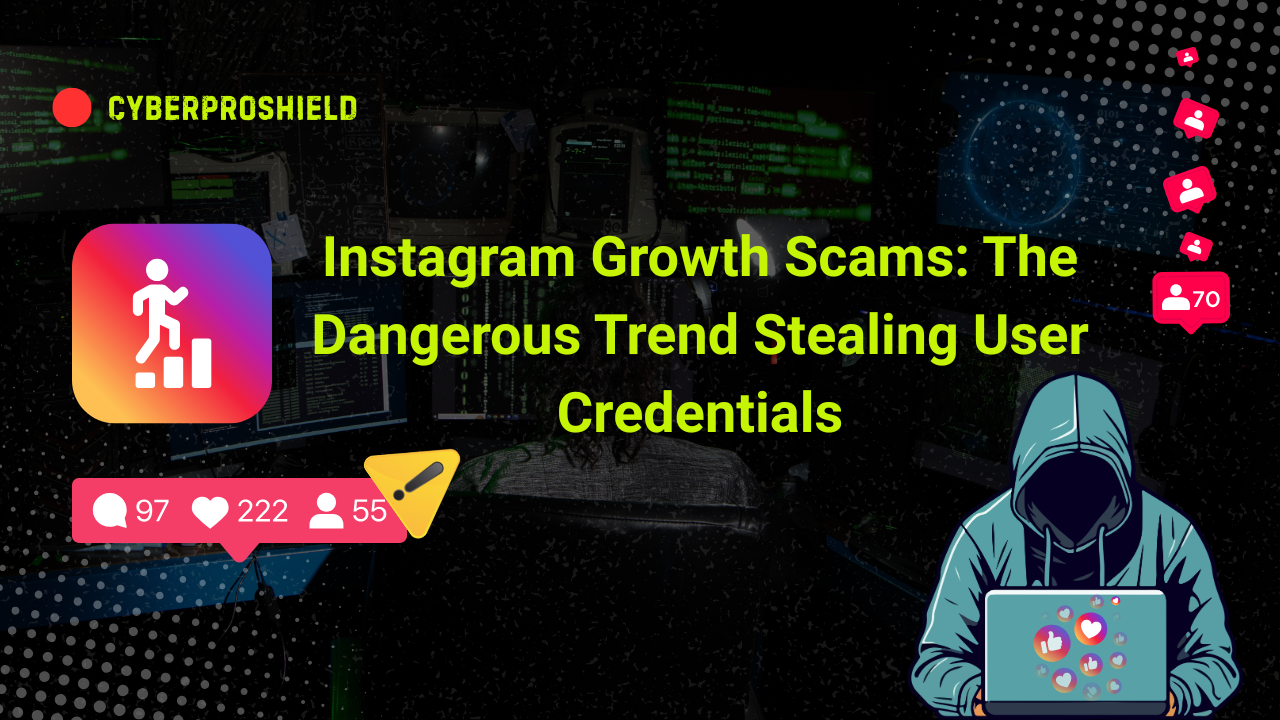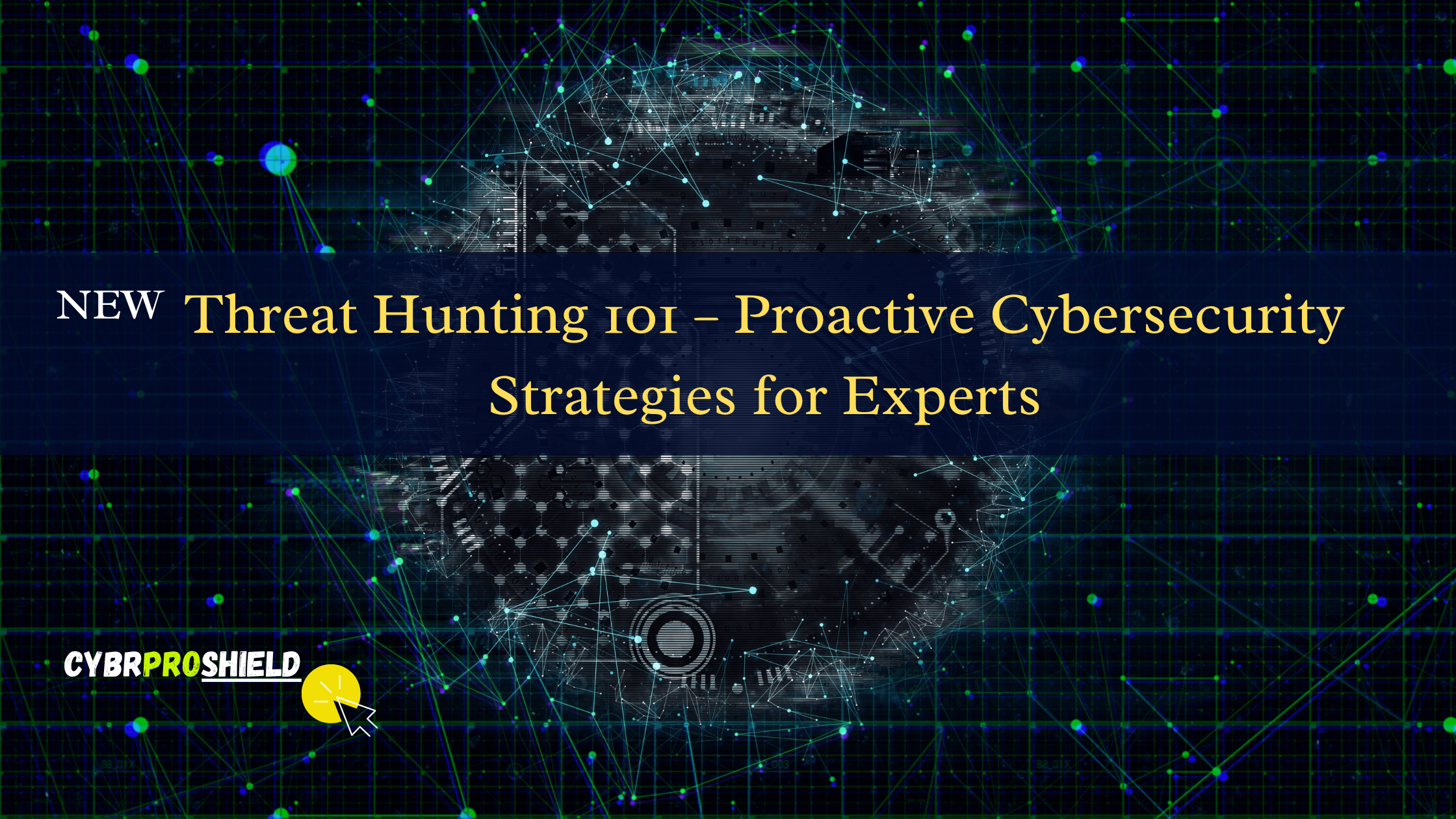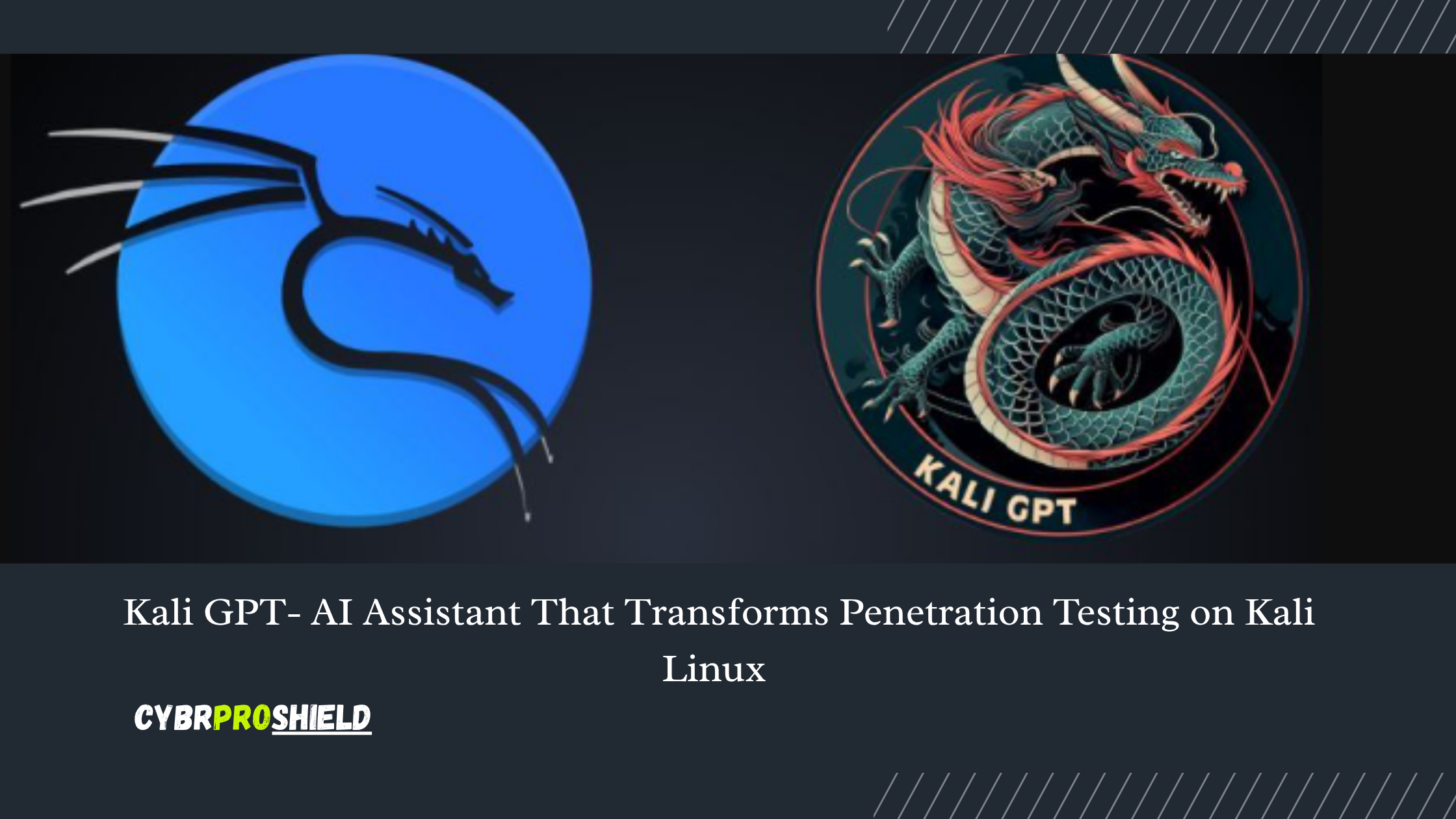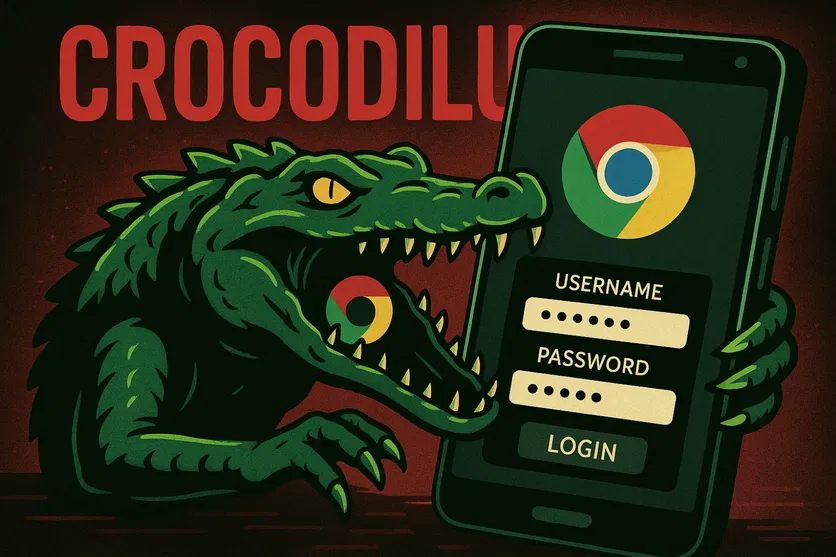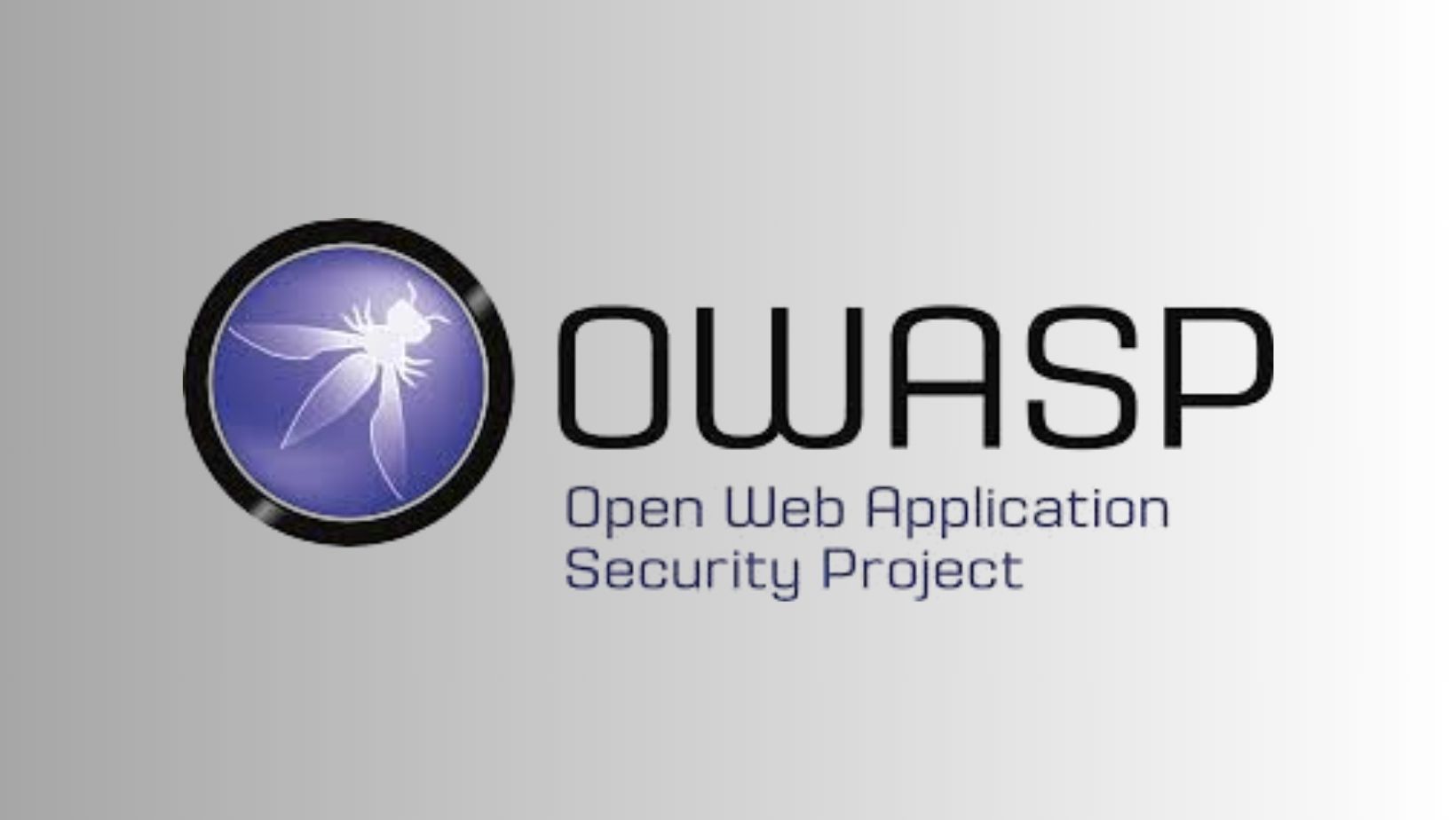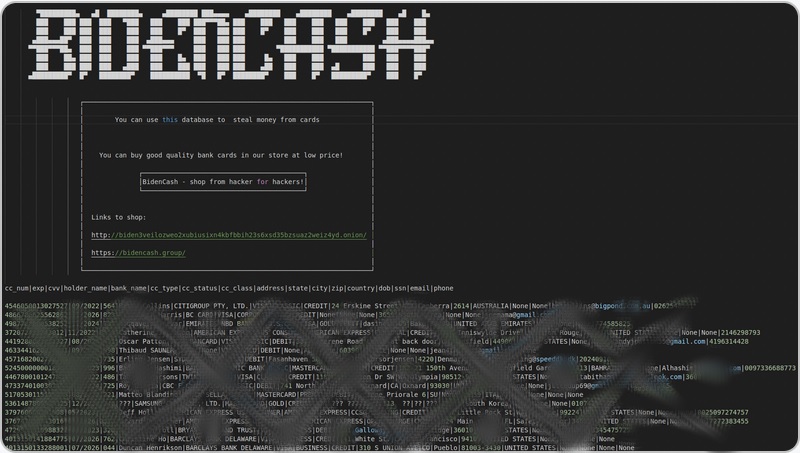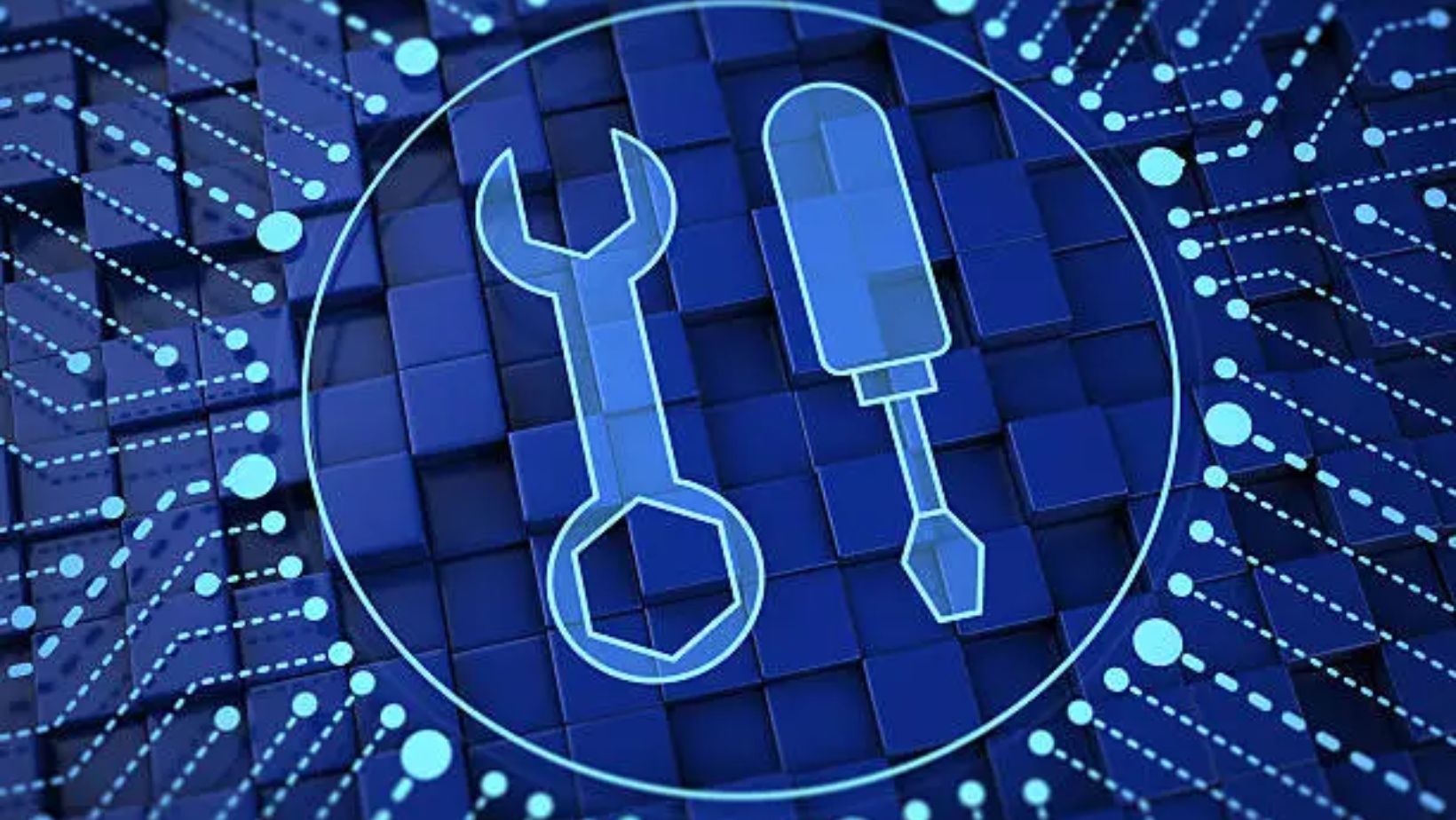What is Ethical Hacking?
Ethical hacking, also known as penetration testing or white-hat hacking, is the authorized practice of bypassing system security to identify potential data breaches and threats in a network. Ethical hackers are cybersecurity experts who help organizations strengthen their systems by identifying vulnerabilities before malicious hackers can exploit them.
Why Ethical Hacking is a High-Demand Career

With cyberattacks increasing globally, companies are investing more in cybersecurity infrastructure. The demand for skilled ethical hackers is at an all-time high across industries such as finance, healthcare, defense, and tech. Ethical hacking not only offers lucrative salaries but also job stability and continuous learning opportunities.
Step-by-Step Guide: How to Become an Ethical Hacker
Here some important steps of Ethical Hacker:
1. Build a Strong Foundation in Computer Science
A solid understanding of computer networks, operating systems, and programming is essential. Start with the following skills:
- Operating Systems: Master Linux and Windows.
- Networking Protocols: Learn TCP/IP, UDP, DNS, DHCP, HTTP/S, and FTP.
- Programming Languages: Focus on Python, Java, C/C++, PHP, and JavaScript.
- Databases: Understand how to interact with SQL databases.
Tip: Start with open-source platforms like Kali Linux, which comes preloaded with ethical hacking tools.
2. Obtain the Right Educational Qualifications
Although it’s not mandatory, earning a Bachelor’s degree in Computer Science, Information Technology, or Cybersecurity significantly boosts your credibility. Courses cover essential knowledge in:
- Data structures and algorithms
- Network security
- Software development
- Cryptography
- Cyber law and ethics
3. Get Certified: Ethical Hacking Certifications That Matter
Certifications are critical in proving your competence and gaining the trust of potential employers. The top certifications include:
- CEH (Certified Ethical Hacker) by EC-Council
Recognized globally; covers scanning, testing, hacking, and securing systems. - OSCP (Offensive Security Certified Professional)
Highly technical and practical. Employers value OSCP due to its hands-on exam. - CompTIA Security+
Entry-level certificate covering cybersecurity basics. - CISSP (Certified Information Systems Security Professional)
Advanced-level certification suited for experienced professionals. - GPEN (GIAC Penetration Tester)
Best for those focusing on penetration testing skills.
4. Master Essential Ethical Hacking Tools
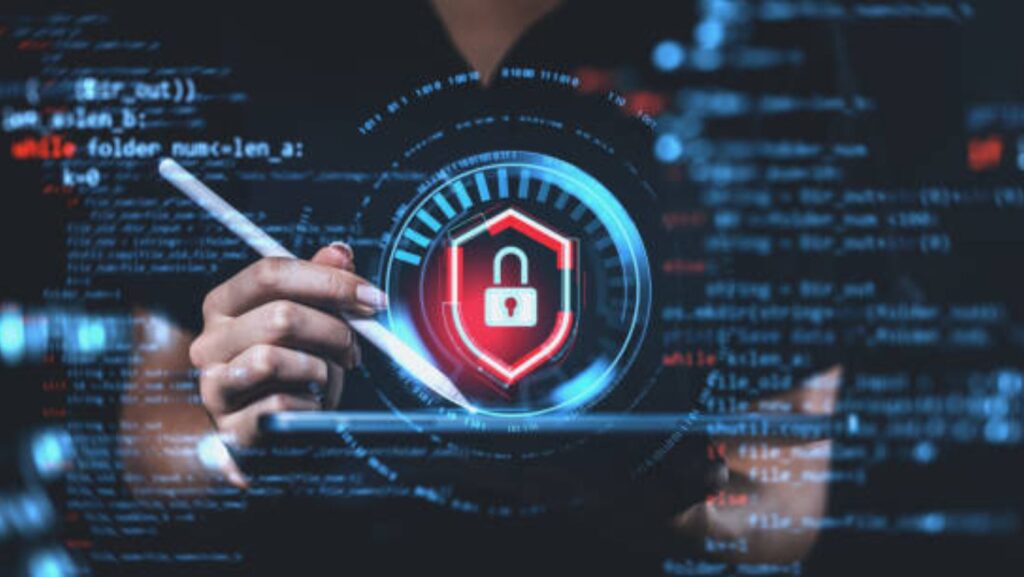
To become proficient, ethical hackers must know how to use a variety of tools that assist in penetration testing and vulnerability assessments:
- Nmap – Network scanning and mapping
- Metasploit – Exploitation framework
- Wireshark – Packet analyzer for network troubleshooting
- Burp Suite – Web application security testing
- John the Ripper – Password cracking tool
- Aircrack-ng – Wireless network security auditing
Tip: Set up a virtual lab using tools like VirtualBox or VMware to practice in a legal, safe environment.
5. Learn About Laws and Ethics in Hacking
Ethical hackers must operate within the legal framework. Understanding cyber laws is vital to ensure all activities are legally compliant.
- Familiarize yourself with acts like Computer Fraud and Abuse Act (CFAA).
- Study GDPR, HIPAA, and other data protection laws.
- Maintain confidentiality and integrity in all engagements.
Ethical hacking without proper authorization is illegal and can lead to serious legal consequences.
6. Gain Practical Experience
Hands-on experience is a must. You can gain it through:
- Bug Bounty Programs: Platforms like HackerOne, Bugcrowd, and Synack pay for valid vulnerabilities.
- CTF (Capture The Flag) Competitions: Try Hack The Box, TryHackMe, and CTFtime.
- Open Source Contributions: Contribute to security-related GitHub projects.
Additionally, consider internships and freelance gigs in cybersecurity. Real-world projects are the best teachers.
7. Stay Updated With Cybersecurity Trends
Cybersecurity is a fast-paced industry. Staying up to date with latest threats, tools, and technologies is essential.
- Follow security blogs like Krebs on Security, Dark Reading, and The Hacker News.
- Join online communities such as Reddit’s r/netsec, Stack Exchange Security, and InfoSec Twitter.
- Attend global security conferences: Black Hat, DEF CON, and RSA Conference.
8. Specialize in an Ethical Hacking Domain
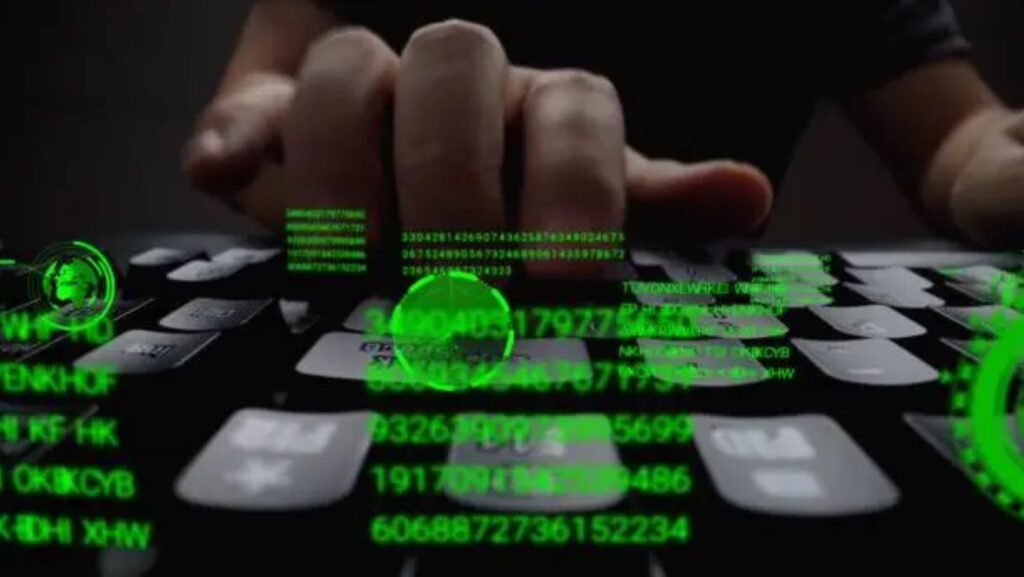
As you advance, consider focusing on a niche area:
- Web Application Security
- Mobile Device Security
- Cloud Security
- IoT Security
- Reverse Engineering
- Malware Analysis
Specialization enhances your skillset and increases your marketability.
9. Build a Portfolio and Network
Creating a portfolio of your work can significantly boost your visibility:
- Maintain a technical blog documenting your learning journey.
- Upload scripts or tools you create on GitHub.
- Network on LinkedIn, Twitter, and attend cybersecurity meetups or conferences.Career Opportunities for Ethical Hackers
Ethical hackers can apply for numerous job roles such as:
- Penetration Tester
- Information Security Analyst
- Cybersecurity Consultant
- Security Researcher
- Vulnerability Assessor
- Red Team Specialist
Average Salary Ranges
- Entry-Level: $60,000 – $80,000 per year
- Mid-Level: $90,000 – $120,000 per year
- Senior-Level: $130,000+ per year
Conclusion: Your Journey to Becoming a White-Hat Hero Starts Today
Becoming an ethical hacker takes time, dedication, and continuous learning. However, the rewards — both financial and intellectual — are immense. Whether you’re defending critical infrastructure or helping businesses protect sensitive data, ethical hacking is one of the most impactful careers in the digital age.
Read More: How to Prevent Hacking: The Ultimate Cybersecurity Guide for 2025
